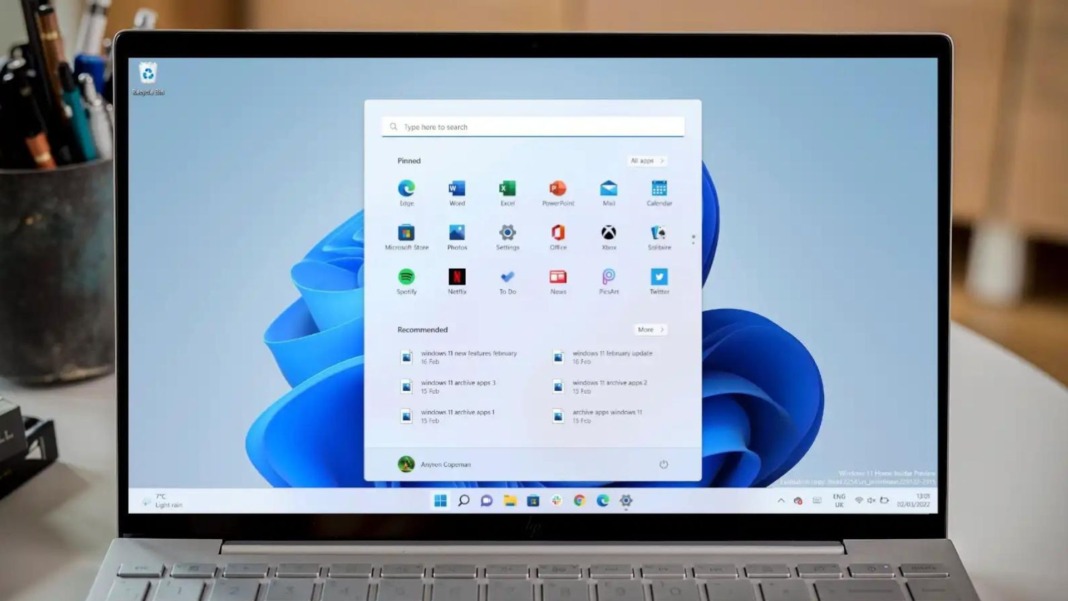Microsoft recently announced a significant upgrade to the Windows App SDK, which could dramatically improve the launch speed of Windows 11 apps. This new technology, known as Ahead of Time (AOT) compilation, promises to cut launch times by as much as 50% and reduce package sizes by around eight times, according to a recent support document from the company.
New technology promises faster app launches
The Windows App SDK is a tool designed to assist developers in creating applications that blend classic desktop frameworks with modern APIs. These APIs can be used across a variety of Windows devices. Despite the SDK’s advantages, apps built with it have been known for their sluggish start times and laggy performance. For instance, the Windows Photos app has been so slow that Microsoft had to run it in the background as a temporary fix.
The addition of native AOT support aims to address these issues. AOT works by compiling apps into native code before they are run. This means that when an app is launched, the computer doesn’t need to convert the developer’s code into a readable format, leading to quicker start-up times and smaller memory use.
How AOT compilation works
AOT compilation prepares the app beforehand so your computer can bypass the usual translation process when you launch it. This reduction in work means that apps can start faster and use less memory. Microsoft’s blog post hailed this as an “incredible performance boost.” However, the real-world effectiveness will depend on how quickly developers update their apps to take advantage of this new feature. Different apps may see different levels of improvement.
What to expect from the update
While Microsoft presents this as an exciting development, it’s important to remember that Windows 11 apps launch slower than expected, and these improvements won’t happen instantly. The speed of adoption will vary among developers, and the performance gains will differ from one app to another.
In summary, this upgrade aims to make Windows 11 apps faster and more efficient, but the full benefits will become clearer as developers implement the new technology.





